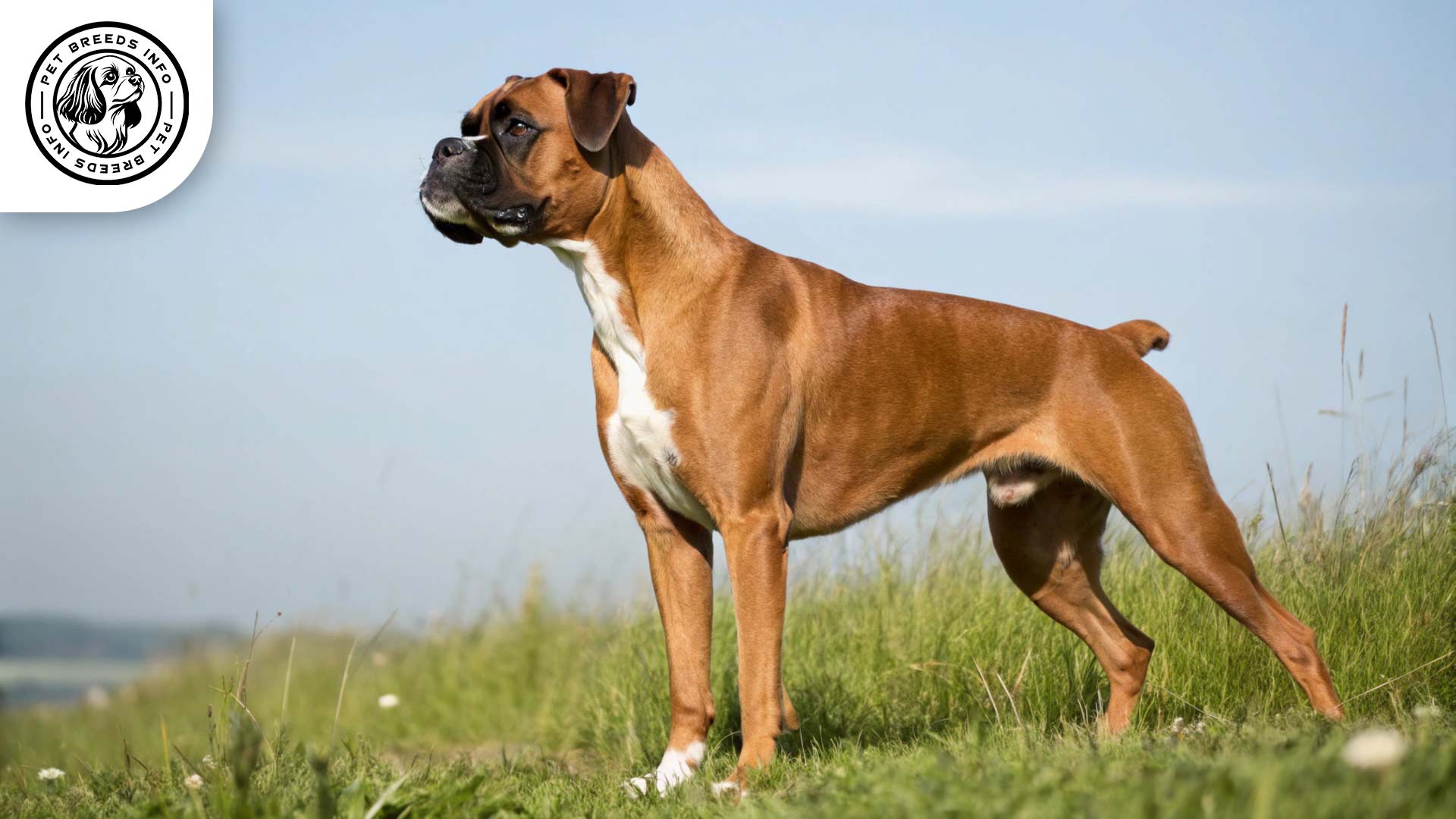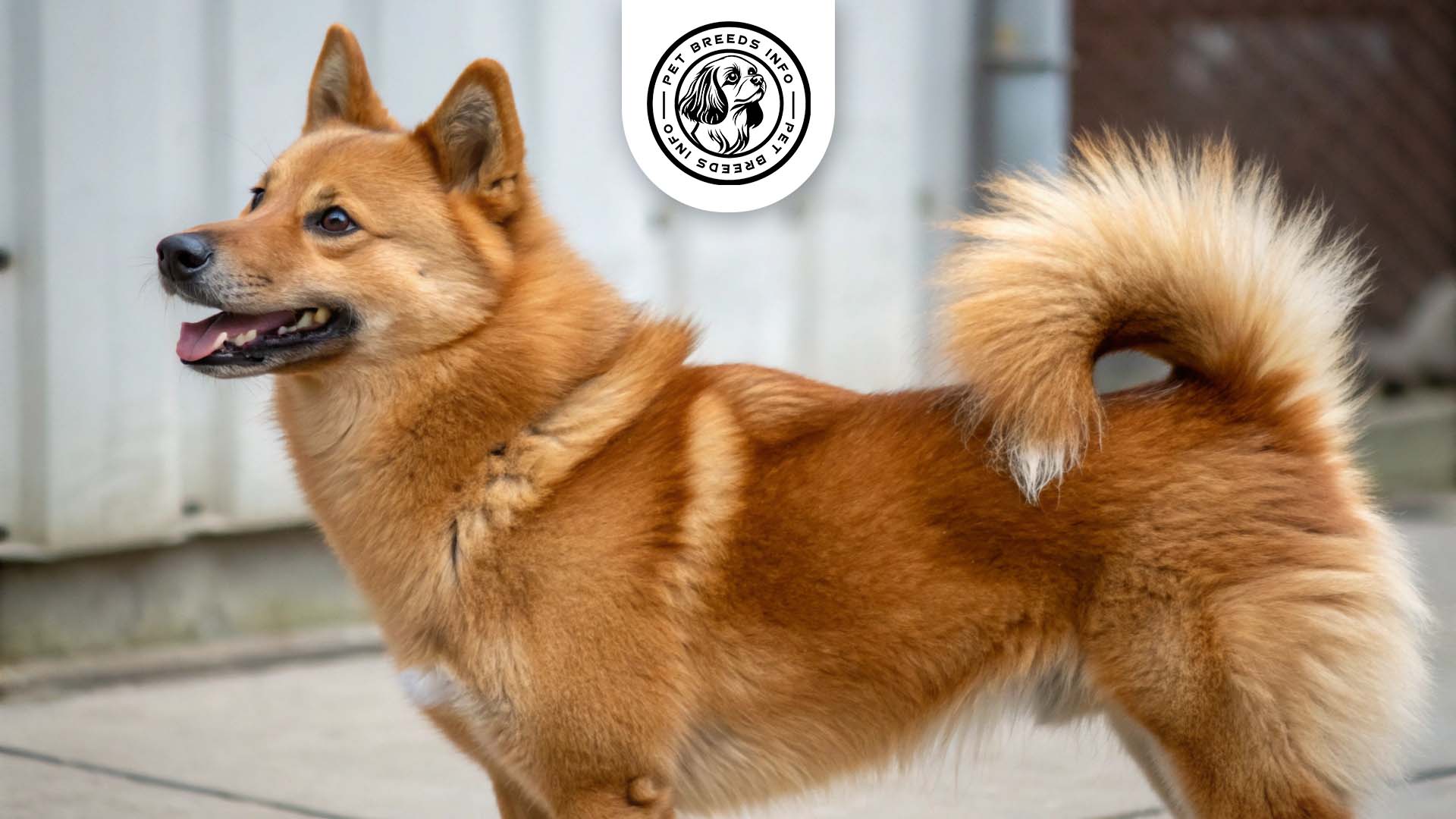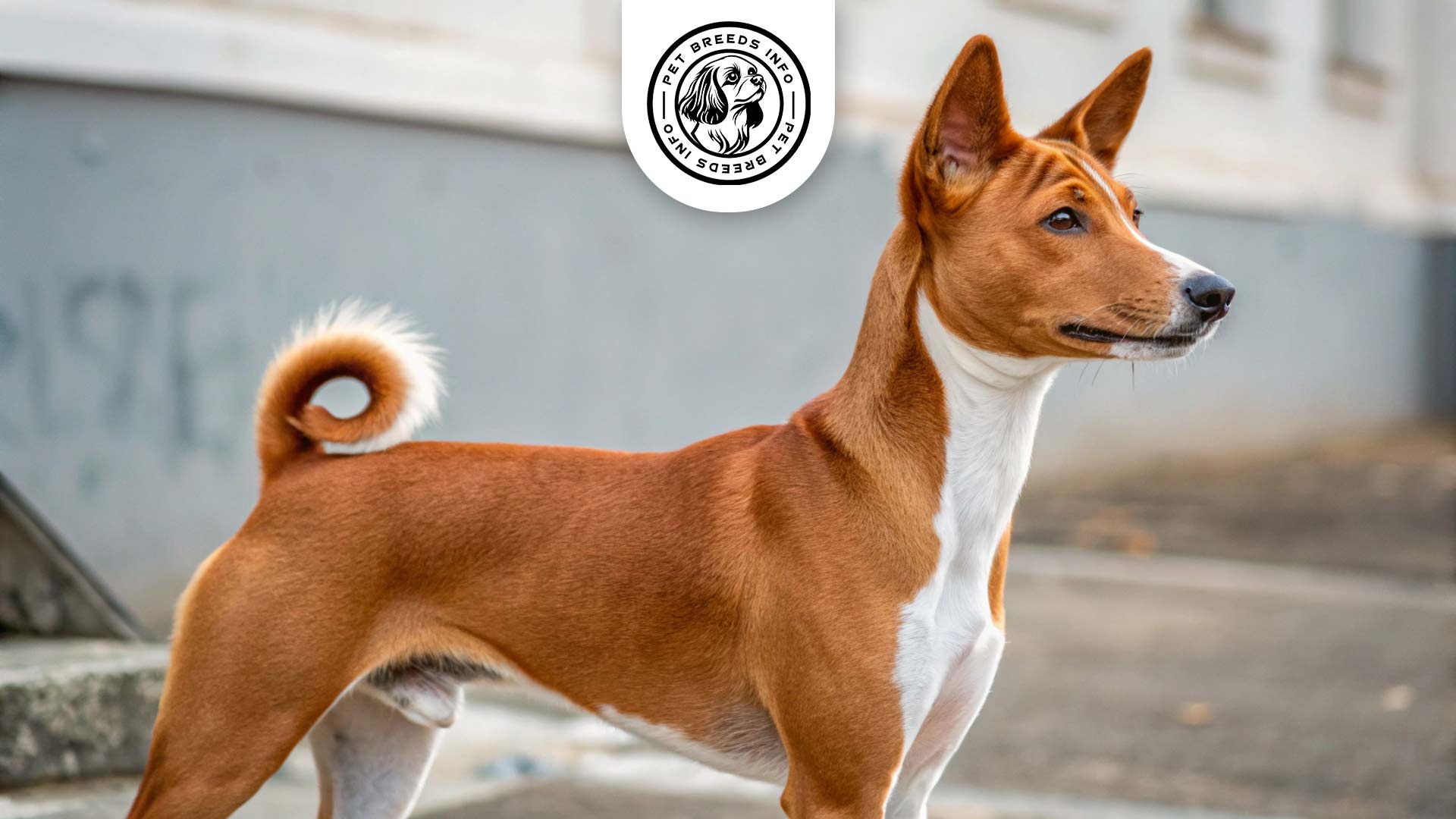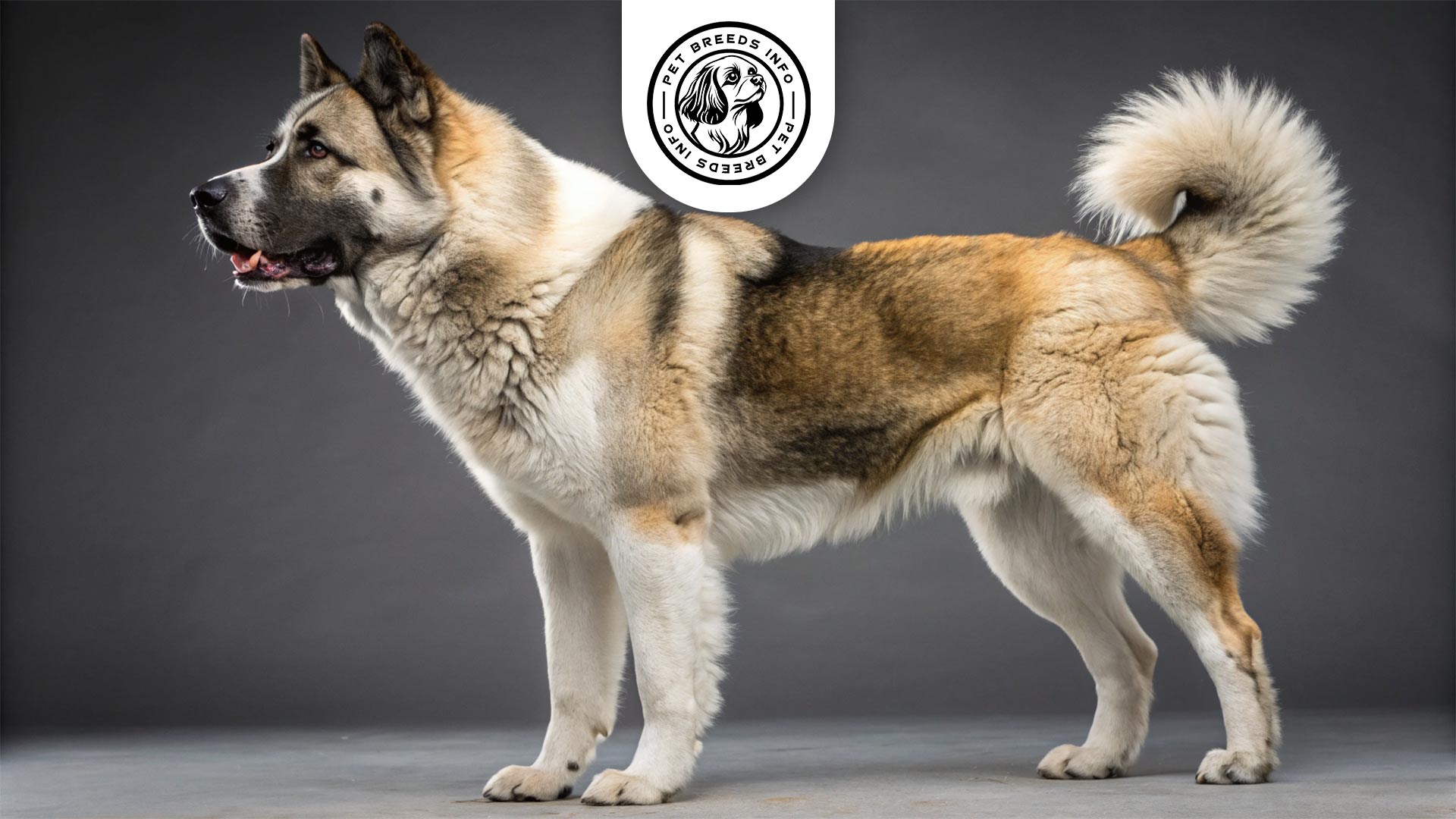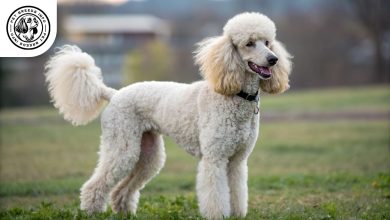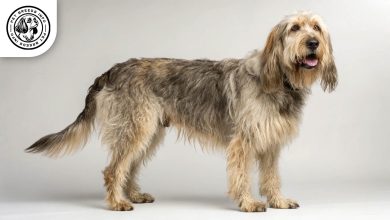Boxer Dog Breed: Size, Health, Price & Personality
General Introduction of the Breed
The Boxer is a medium to large-sized dog breed originating from Germany. It is also known as the “Deutscher Boxer” in its native country. The breed was developed in the late 19th century and descended from the now-extinct Bullenbeisser and Mastiff-type dogs. Initially, Boxers were used for hunting large game, such as boars and deer, but they soon gained popularity as guard dogs, military dogs, and family companions.
Table of Contents
| Color | Fawn, Brindle, often with white markings and a black mask. |
| Weight | Males: 65-80 lbs (29-36 kg), Females: 50-65 lbs (22-29 kg). |
| Lifespan | 10-12 years (average). |
| Diet | High-quality dry kibble, wet food, or raw diet. Portion control is essential. |
| Care | Daily exercise (at least 60 minutes), weekly brushing, regular bathing, nail trimming, ear cleaning, and dental care. Sensitive to extreme temperatures. |
| Health | Prone to hip dysplasia, heart diseases (aortic stenosis), cancers, digestive issues, and bloat. |
| Nature | Intelligent, energetic, affectionate, playful, loyal, good with children, protective, and may be wary of strangers. |
| Price | $700 – $2,500 (purebred puppy). Adoption from rescue organizations is also an option. |
Physical Characteristics
Boxers have a muscular, athletic build with a powerful stance. Males typically stand between 22 to 25 inches (56-63 cm) tall and weigh around 65 to 80 pounds (29-36 kg), while females are slightly smaller at 21 to 24 inches (53-61 cm) tall and weigh 50 to 65 pounds (22-29 kg).
Their short, smooth coat comes in various colors, including fawn and brindle, often with white markings and a black mask.
They have dark brown, expressive eyes that give them a curious and friendly appearance. Their ears are naturally floppy but are sometimes cropped to stand erect in some regions. The tail is typically docked, although this practice has been banned in some countries.
Distinctive features include a broad, square-shaped muzzle with a slightly upward-turned nose, strong jaws, and a well-defined chest.
Read More: Blue Lacy Dog Breed
Personality and Temperament
Boxers are intelligent, energetic, and highly trainable dogs. They respond well to positive reinforcement and consistent training.
They are highly active and require daily physical and mental stimulation to stay happy. Boxers thrive in interactive play, running, and agility-based activities.
They are affectionate and deeply attached to their family members, often following their owners around the house.
Boxers are known for being playful, friendly, and good with children. They are generally social with other pets if properly introduced and trained.
Although they have a protective side, they are not naturally aggressive. However, they may be wary of strangers and serve as excellent watchdogs.
They can be sensitive to changes in their environment and prefer a stable and loving home.
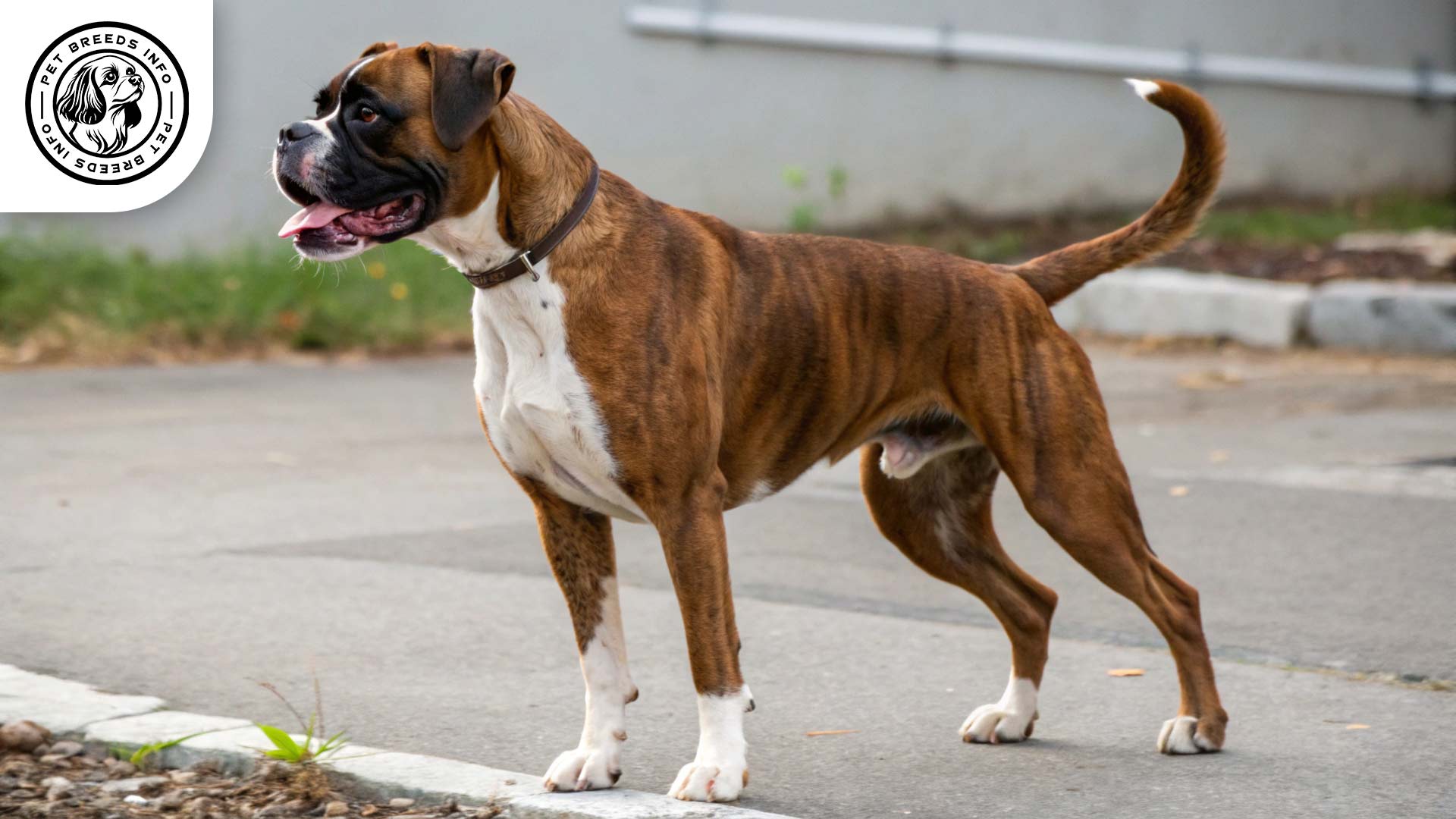
Care and Maintenance Requirements
Boxers need at least 60 minutes of exercise per day, including walks, runs, and playtime. They are not suited for apartment living unless exercised frequently.
Due to their short coat, they require minimal grooming. Weekly brushing is sufficient to keep shedding under control.
Boxers are sensitive to extreme heat and cold, so they should be kept indoors in harsh weather conditions.
Basic hygiene should include regular bathing, nail trimming, ear cleaning, and dental care.
Diet and Nutrition
A high-quality diet that includes protein-rich dry kibble, wet food, or a raw diet is recommended for Boxers.
They require a balanced diet that supports their high energy levels, but portion control is necessary to prevent obesity.
Avoid feeding them chocolate, onions, garlic, grapes, and other toxic foods.
Generally, adult Boxers should be fed twice daily, while puppies require more frequent meals.
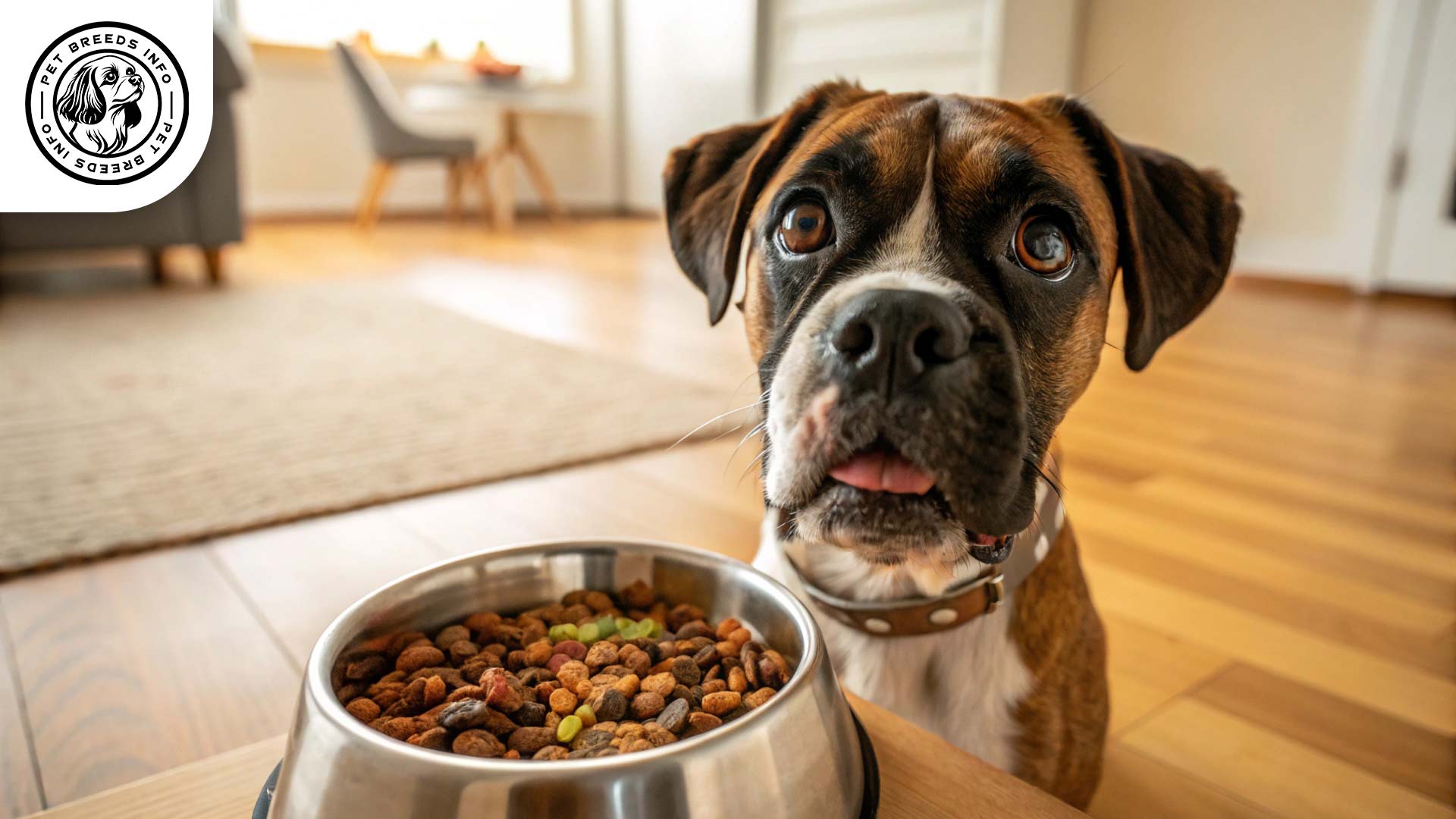
Health and Common Medical Issues
Boxers are prone to certain genetic conditions, including hip dysplasia, heart diseases (such as aortic stenosis), and cancers.
They may also develop digestive issues and bloating, so meals should be given in smaller portions.
The breed has an average lifespan of 10 to 12 years.
Routine vaccinations, annual veterinary check-ups, and preventive care are essential for maintaining good health.
Read More: Border Collie Dog
Training and Behavior Management
Boxers are intelligent but can be stubborn, so early training and socialization are crucial.
Positive reinforcement and reward-based training work best for this breed.
Crate training, leash training, and obedience training should start from puppyhood.
Consistency, patience, and firm but loving guidance help reinforce good behavior.
Interaction with Other Animals and Humans
Boxers are affectionate and playful with children, making them excellent family pets.
They usually get along with other dogs and pets if introduced properly.
Although they form strong bonds with their owners, they do not like being left alone for long hours and may develop separation anxiety.
They are well-suited for active families but may also adapt to single owners who provide ample attention and exercise.
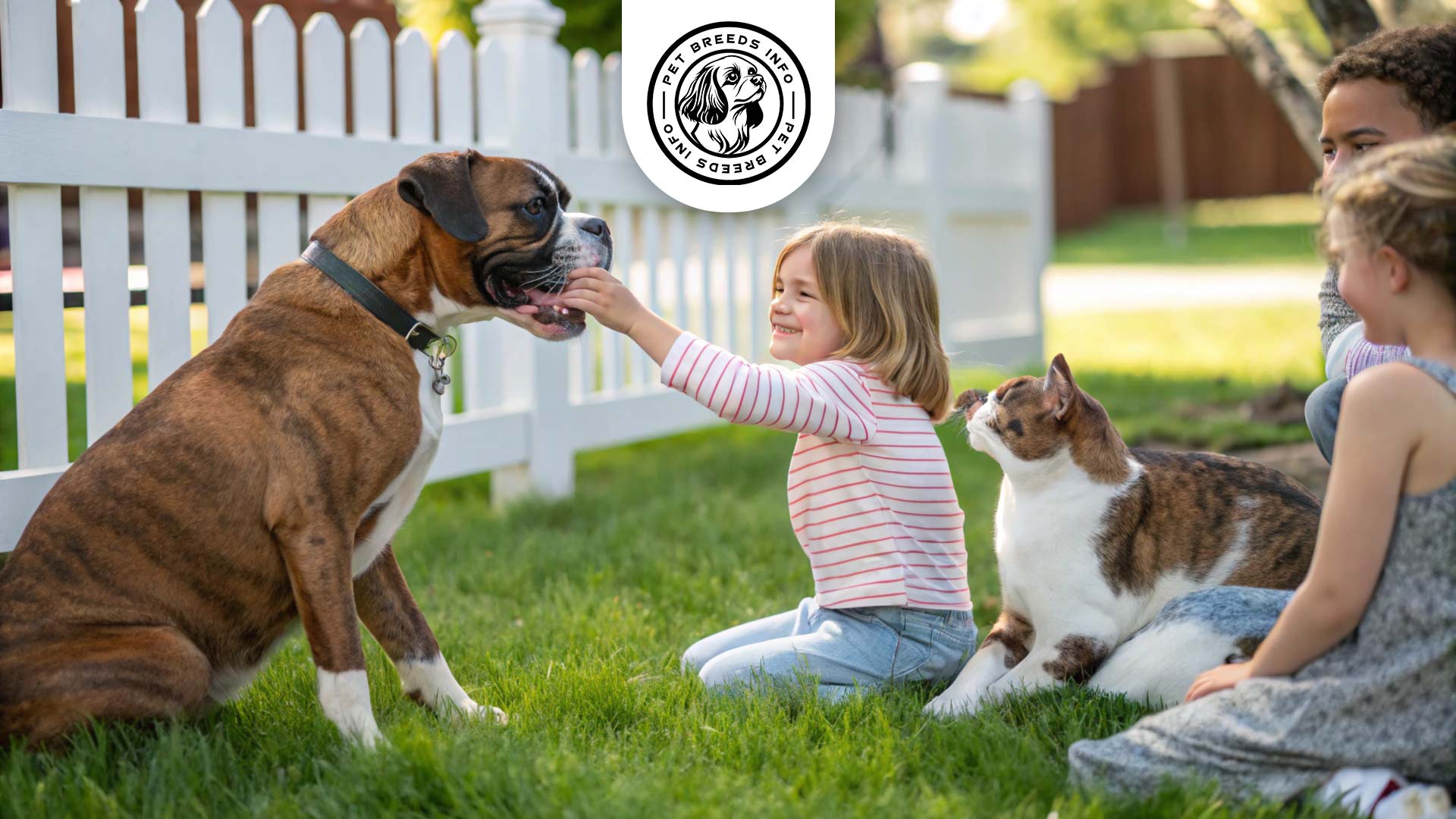
Price and Availability
The price of a Boxer puppy varies depending on breeder reputation, location, and pedigree. A purebred Boxer can cost between $700 to $2,500.
Adoption through rescue organizations or shelters is recommended as Boxers are sometimes available for lower fees.
Choosing a reputable breeder or adopting from a certified rescue is essential to ensure the health and history of the dog.
Read More: Black Russian Terrier
Conclusion and Final Thoughts
Boxers are affectionate, energetic, and loyal dogs that make fantastic family pets. They thrive in active homes where they receive plenty of attention, training, and exercise.
Prospective owners should be prepared for their high energy levels, exercise needs, and emotional attachment. They require companionship and do not do well with long periods of solitude.
With proper care, love, and training, Boxers make excellent companions that bring joy, fun, and protection to their families.
FAQ
What is the typical temperament of a Boxer dog?
Boxers are known for their affectionate, playful, and loyal nature. They are intelligent, energetic, and generally good with children. While protective, they are not naturally aggressive.
What are the primary care requirements for a Boxer?
Boxers require daily exercise (at least 60 minutes), weekly brushing, regular bathing, nail trimming, ear cleaning, and dental care. They are sensitive to extreme temperatures.
What health issues are Boxers prone to?
Boxers are prone to certain genetic conditions, including hip dysplasia, heart diseases (such as aortic stenosis), and cancers. They may also develop digestive issues and bloat.
What type of diet is recommended for Boxers?
A high-quality diet that includes protein-rich dry kibble, wet food, or a raw diet is recommended. Portion control is essential to prevent obesity.
How much does a Boxer puppy typically cost?
The price of a purebred Boxer puppy can range from $700 to $2,500, depending on breeder reputation, location, and pedigree. Adoption from rescue organizations or shelters is also a viable option.
